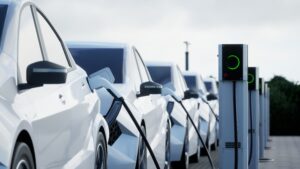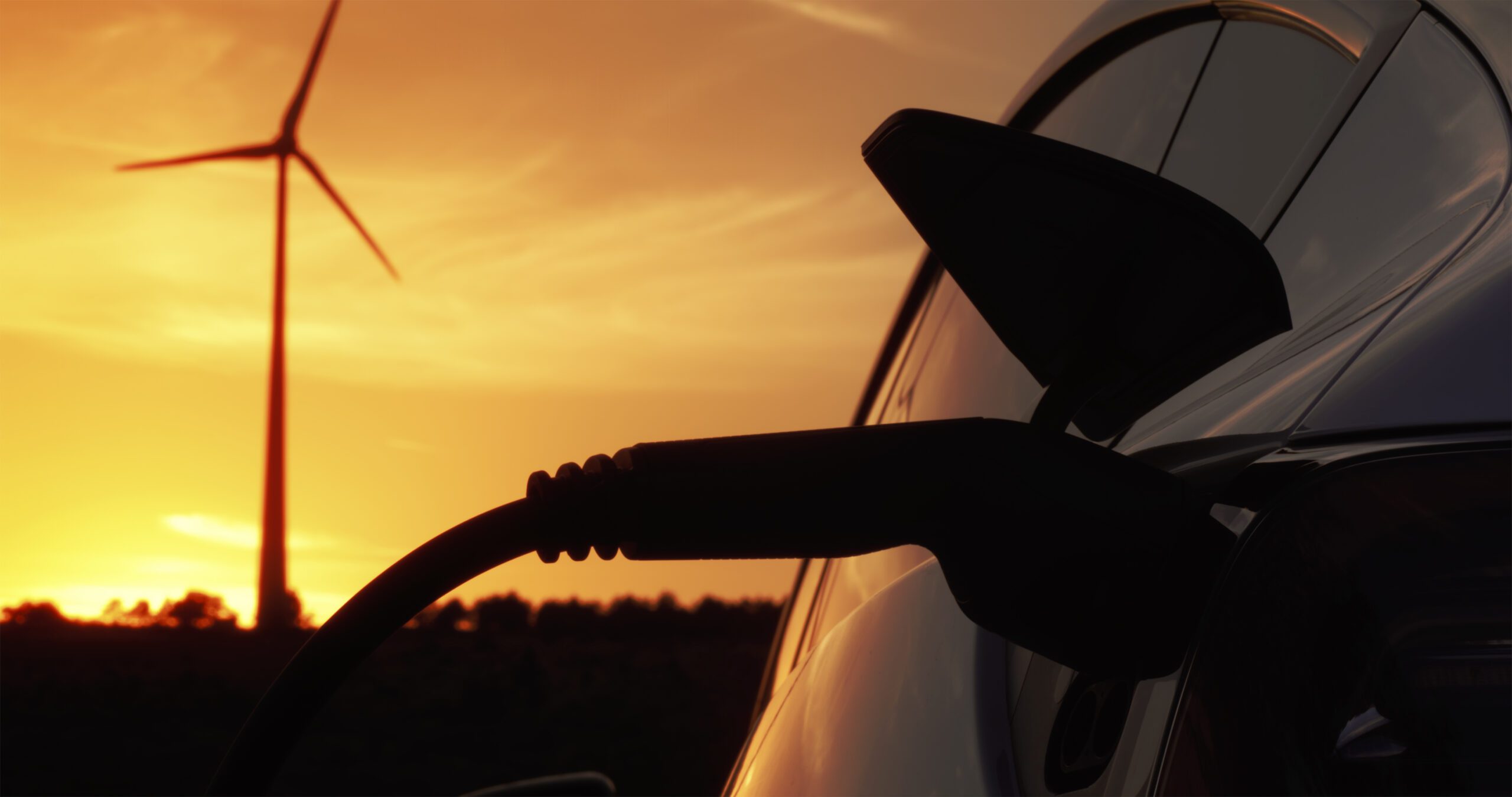
Imagine this: by 2035, we could see half of all cars sold globally being electric—up from more than one in five this year—if we stay on track as measured by the U.S. Department of Energy. The excitement around Electric Vehicles (EVs) is evident on the roadways. People crane their necks when the new Cybertruck or Rivian goes by. Even if you don’t own an electric vehicle yourself, chances are you know someone who does. Major players like Ford, GM, and Tesla are racing to roll out impressive electric offerings, eager to capture the public’s imagination and redefine the automotive landscape.
So, what’s fueling this electric takeover? For starters, growing environmental concerns are pushing many people to seek greener options. With more choices than ever, improved battery life, and potential cost savings through tax incentives and rebates, switching to an EV is becoming easier than ever. Recent surveys show that consumer interest in EVs is surging, reflecting a significant shift in priorities in the marketplace (Colato & Ice, 2023).
Governments are also joining the party, offering a variety of incentives like tax credits and rebates (even allowing EVs to use the carpool lane!) to make EV adoption more appealing. Plus, the expansion of charging infrastructure is crucial for making EVs a practical choice for everyone. However, as these innovative vehicles hit the market at lightning speed, some consumers might still face challenges, such as battery performance issues or software glitches. If these defects are significant and unresolved, Lemon Laws come into play to protect consumers.
Lemon laws are there to provide valuable protections for all consumers, including EV owners, ensuring that you can confidently embrace this groundbreaking technology. Lemon Laws are designed to shield buyers from substantial defects with the vehicle, holding manufacturers accountable for the quality of their products (Beck Lemon Law, 2023). As EV popularity rises, understanding how Lemon Laws adapt to the unique challenges posed by these advanced vehicles is vital.
Let’s face it: EVs come with sophisticated technology—battery packs, electric motors, and advanced software—that requires specialized knowledge for repairs. This complexity can lead to longer repair times and diagnostic hurdles. Thankfully, Lemon Laws are evolving to address these challenges. With specific protections for battery life and performance, consumers are safeguarded against significant impacts on their vehicle’s value and safety.
Moreover, as software updates can sometimes introduce defects that affect functionality, many states are now including these software-related concerns within their Lemon Law frameworks. This progressive approach ensures that any issues stemming from the high-tech components of EVs are recognized and addressed.
Overall, Lemon Laws are adapting favorably for EV owners, giving you the peace of mind you deserve. As we move into the future of driving, these laws empower consumers to enjoy their electric vehicles with confidence, knowing they’re protected against defects that could lead to frustration and financial loss. So, whether you’re considering an EV for your next vehicle purchase or just curious about this electric revolution, there’s never been a better time to join the party.
Beck Lemon Law. (2023, March 8). How the lemon law works for hybrid and electric vehicles (EVs). https://www.becklemonlaw.com/post/how-the-lemon-law-works-for-hybrid-and-electric-vehicles-evs
Colato, J., & Ice, L. (2023, June 5). Charging into the future: The transition to electric vehicles. U.S. Bureau of Labor Statistics. https://www.bls.gov/opub/btn/volume-12/charging-into-the-future-the-transition-to-electric-vehicles.htm#:~:text=Several%20factors%20are%20expected%20to%20continue%20to%20drive,vehicle%20choice%2C%20improved%20battery%20capacity%2C%20and%20cost%20savings.
U.S. Department of Energy. (2023). The future of electric vehicles. https://www.energy.gov/eere/electricvehicles/future-electric-vehicles


